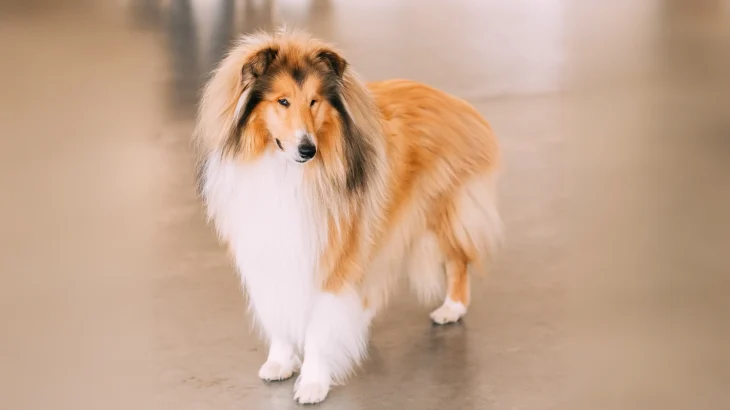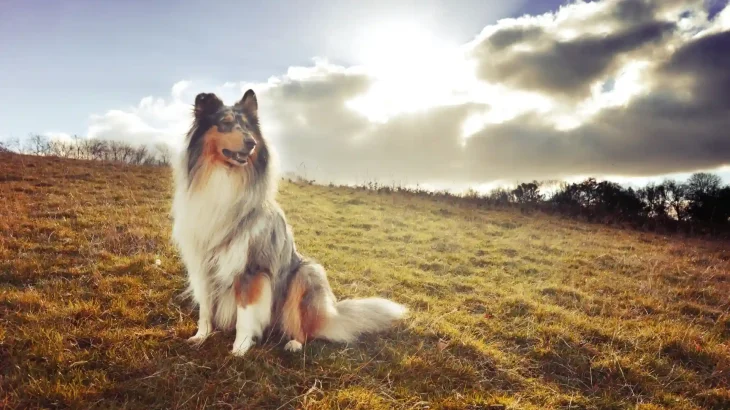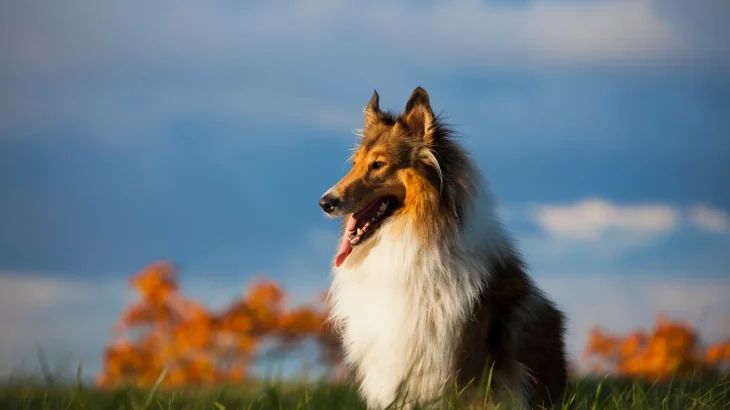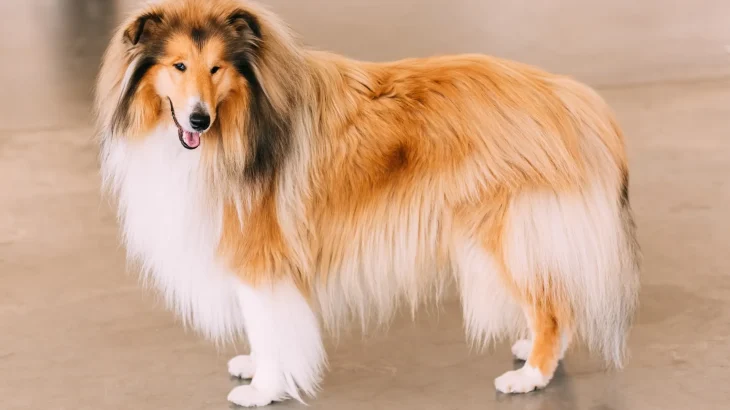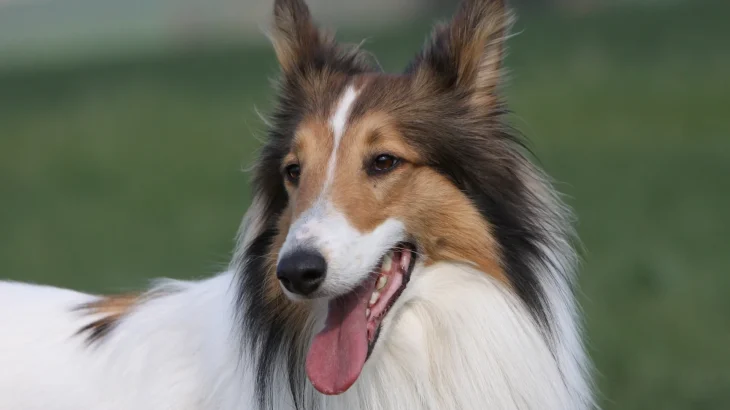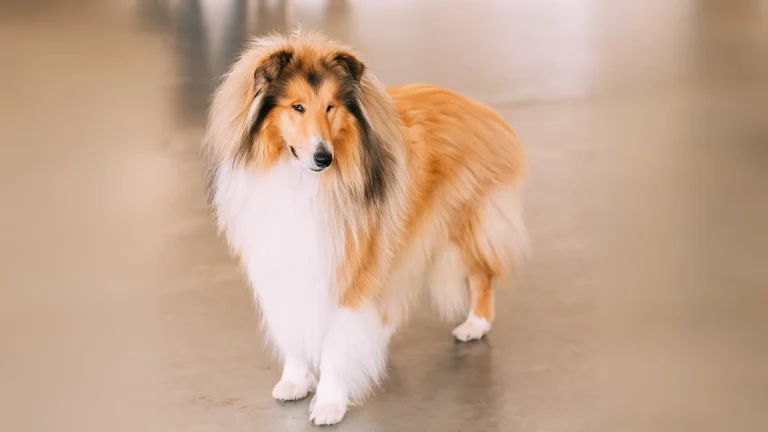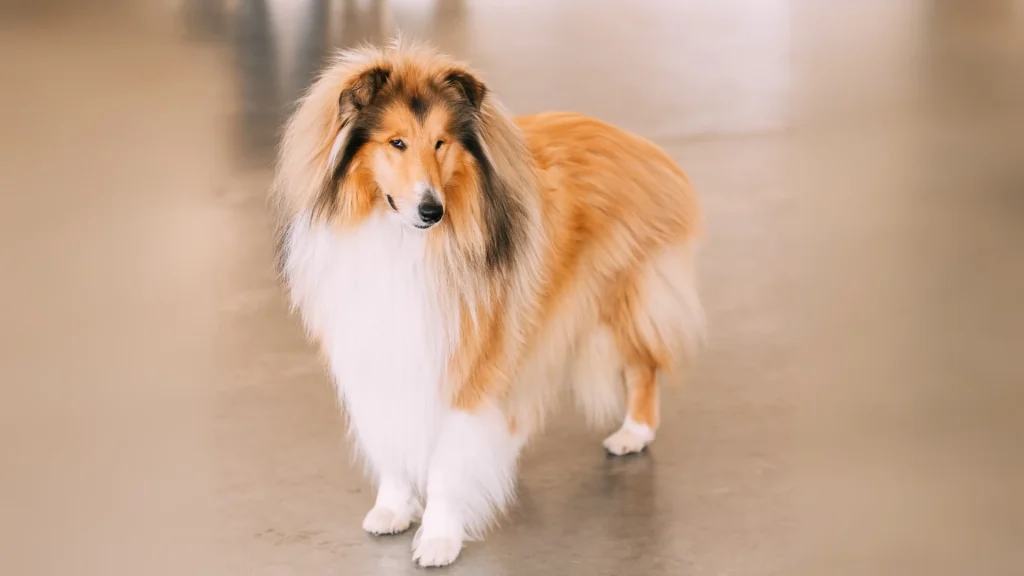When deciding between adopting or purchasing a Rough Collie puppy, the choice often boils down to factors like cost and the certainty of health history. Purchasing from a reputable breeder generally involves a higher price but provides detailed health records and pedigree information, whereas adoption usually comes at a lower cost with some health basics covered but less genetic background.
| Criteria | Buying from Breeder | Adopting from Shelter/Rescue |
|---|---|---|
| Cost | Higher cost reflecting purebred status and breeder expenses. | Lower adoption fees, typically including vaccines, spay/neuter, and microchipping. |
| Health History | Comprehensive health records and genetic screening provided. | Basic health checks done, but detailed history often unknown. |
| Age Availability | Primarily offers puppies for early-age bonding and training. | Varied ages offered, which may include puppies but often older dogs as well. |
| Ethical Considerations | Supports responsible breeders who uphold breed standards. | Provides homes to dogs in need and reduces shelter populations. |
| Breed Purity & Pedigree | Guarantee of purebred lineage and pedigree documentation. | Breed purity may be uncertain or mixed. |
| Return Policy & Support | Often includes breeder support and limited return policies. | Support depends on shelter policies; generally less extensive than breeders. |

